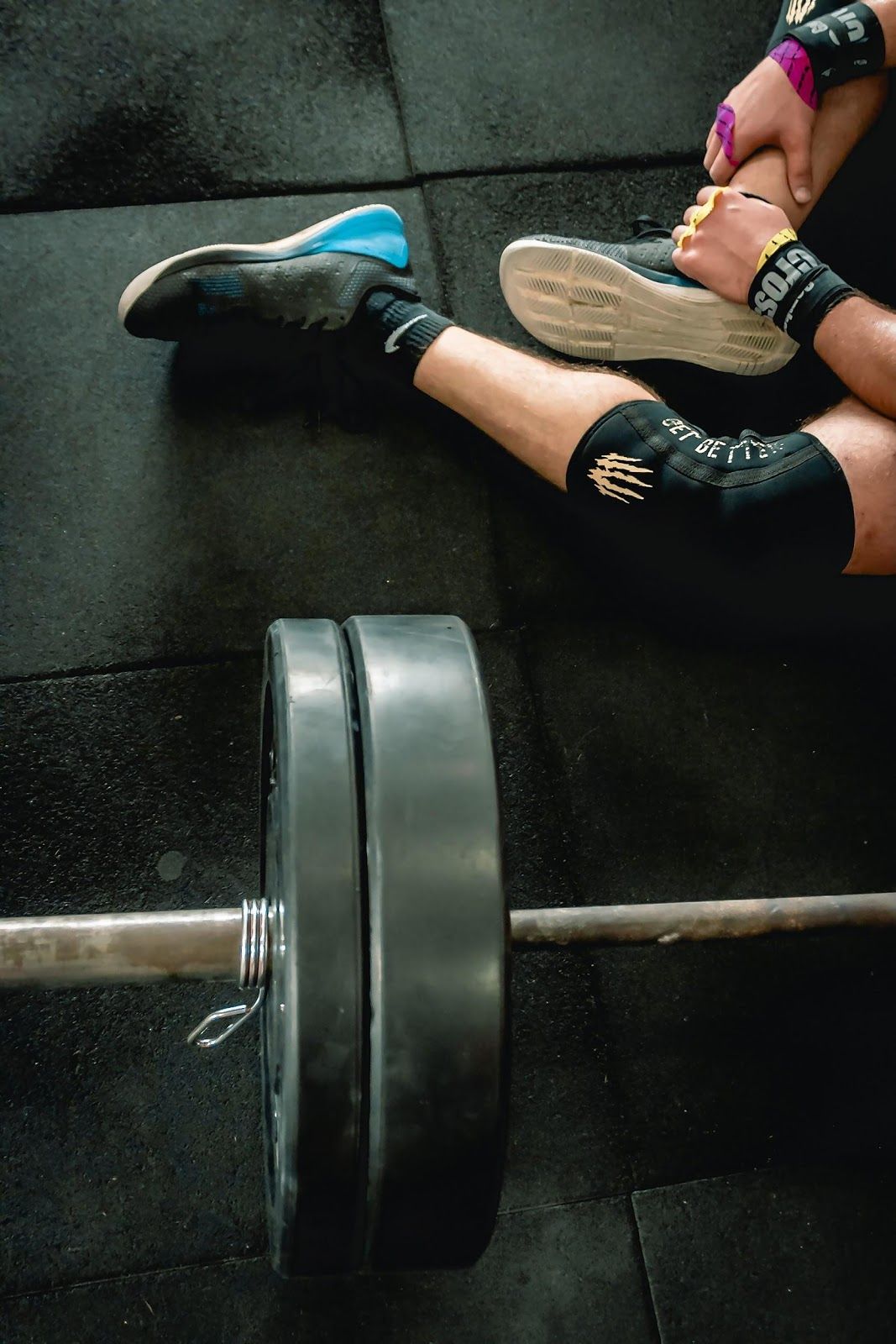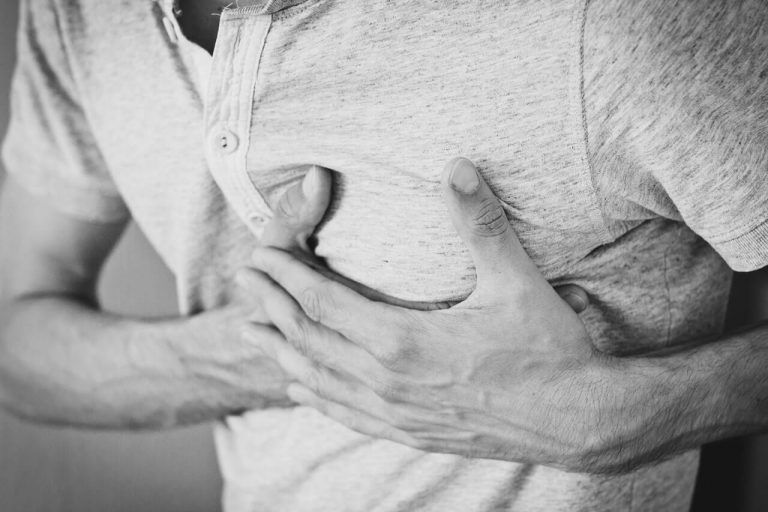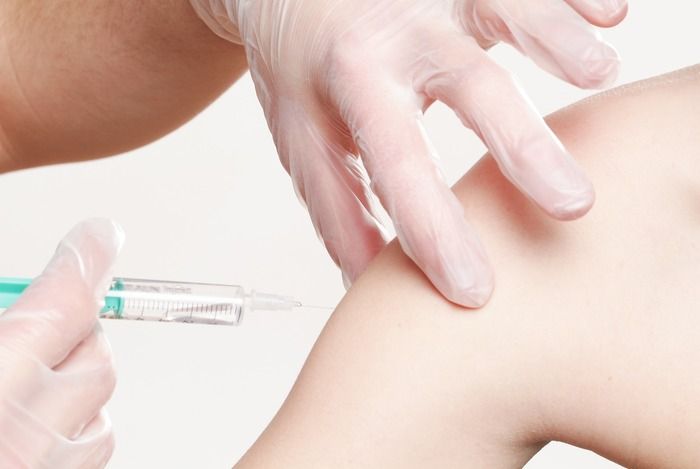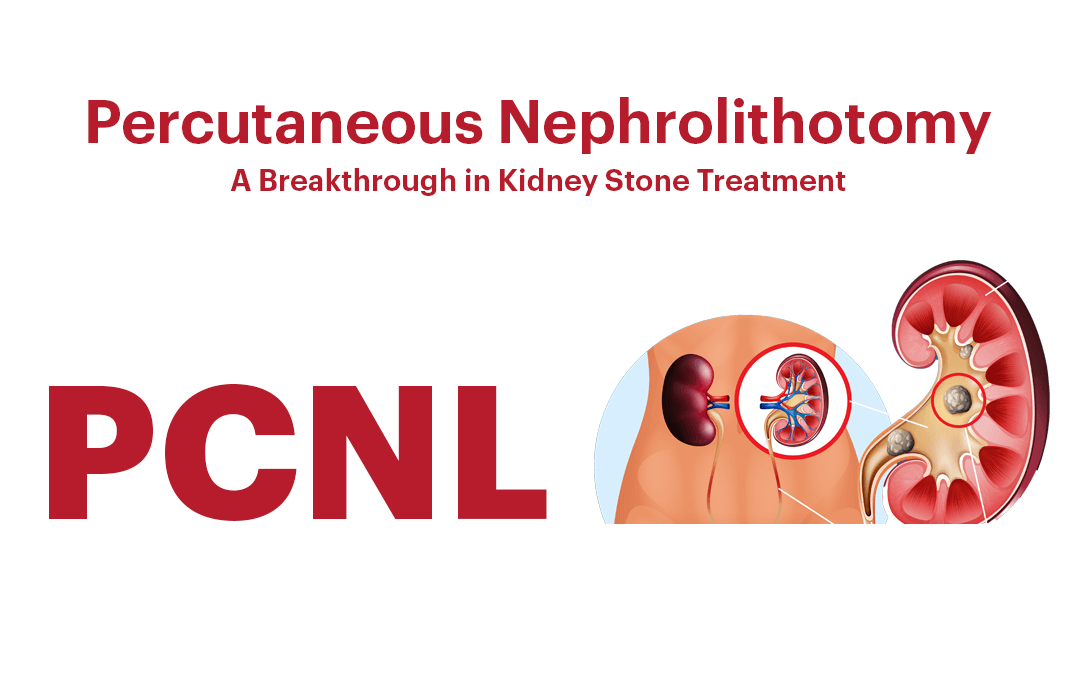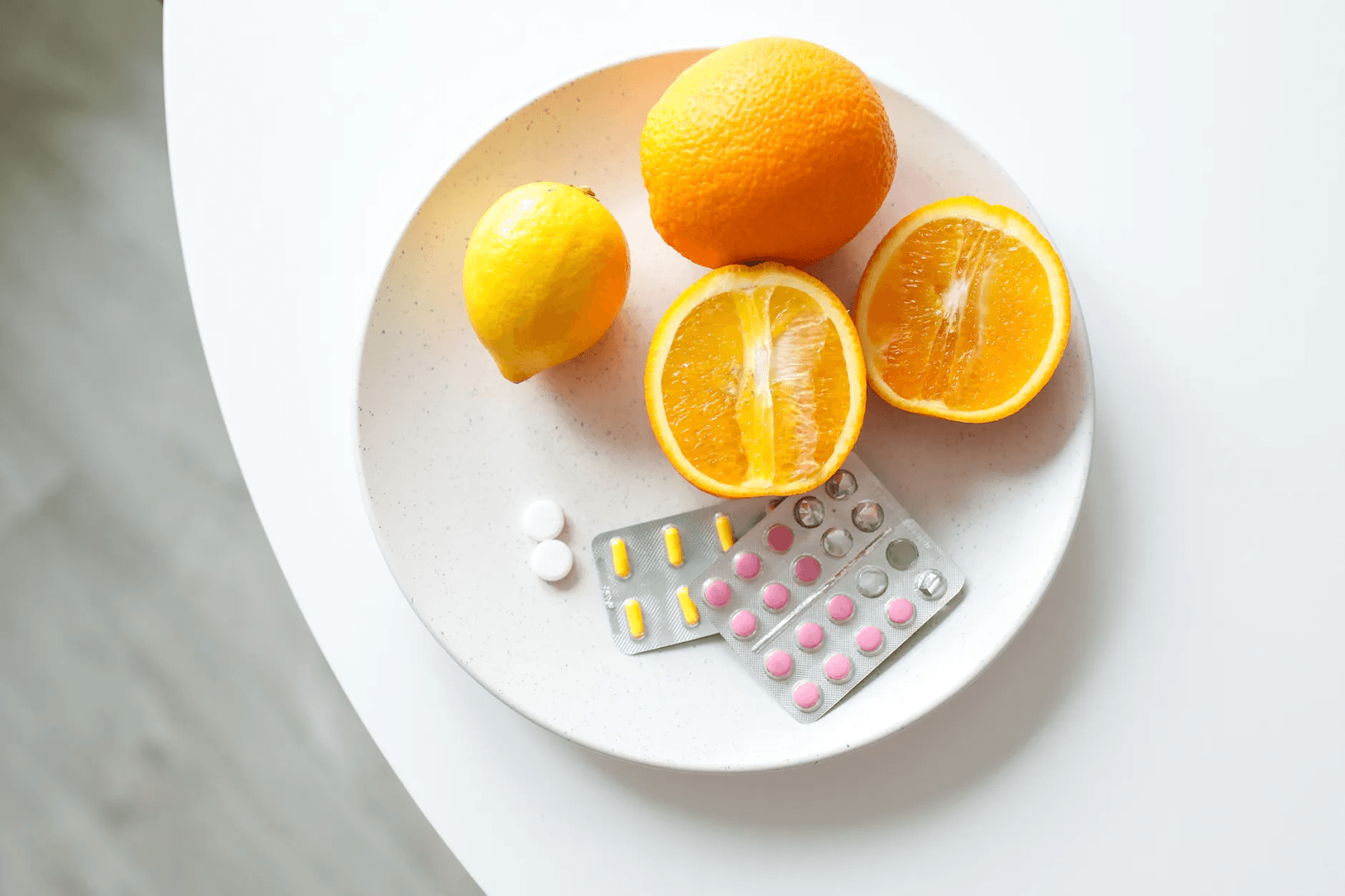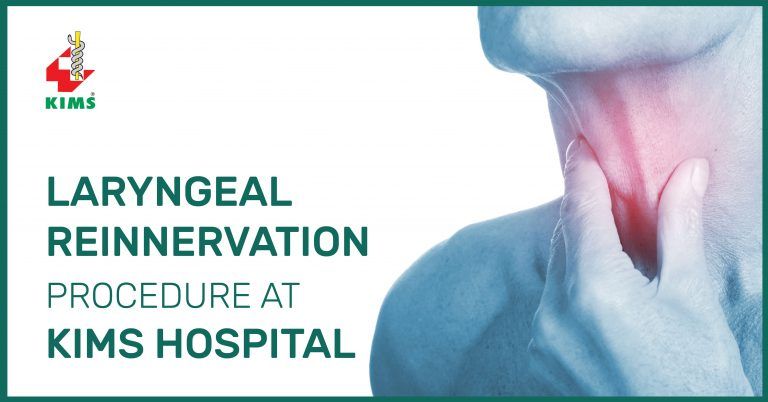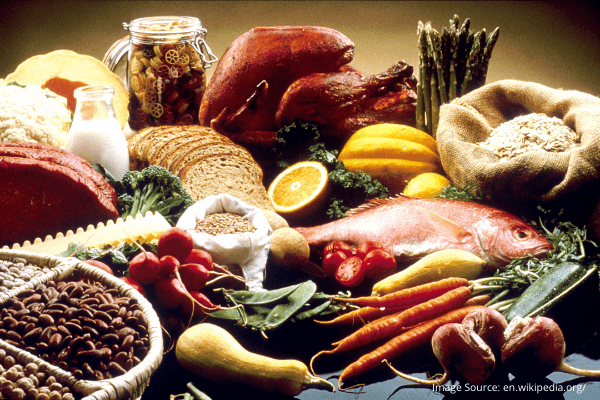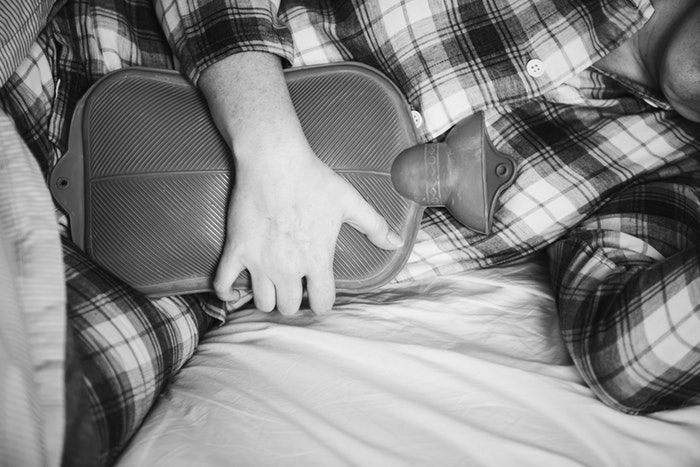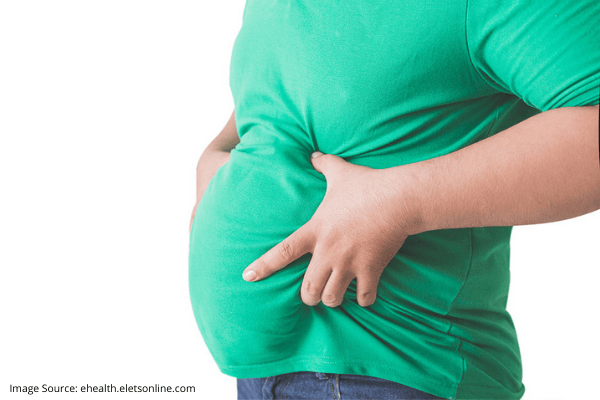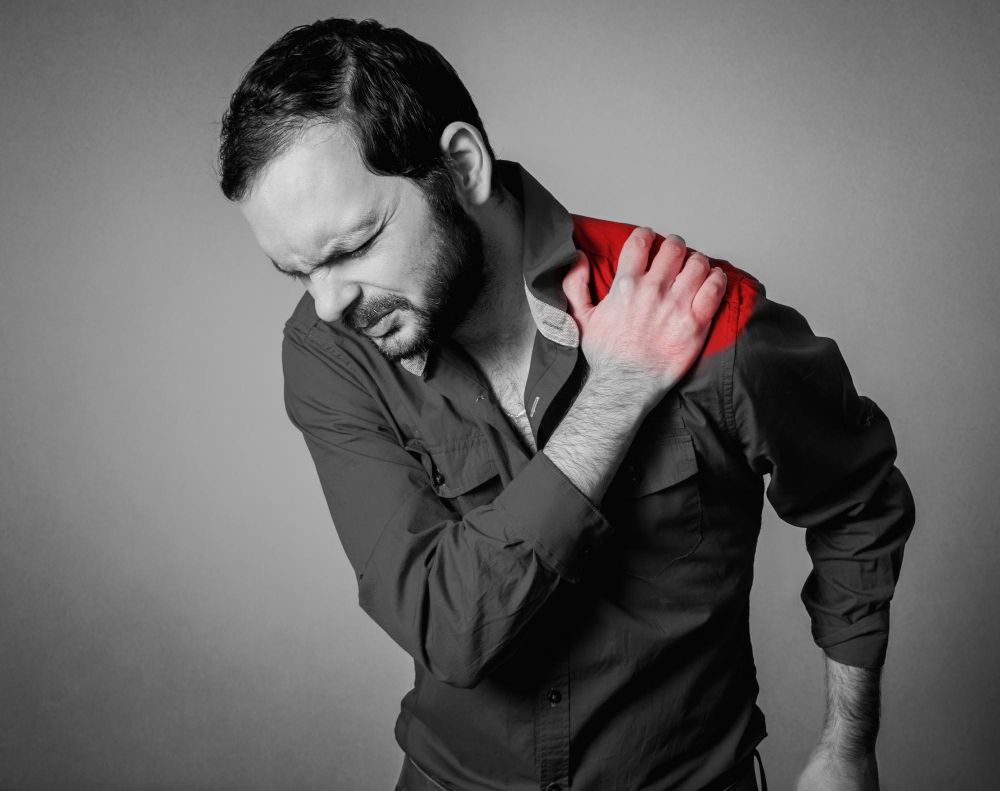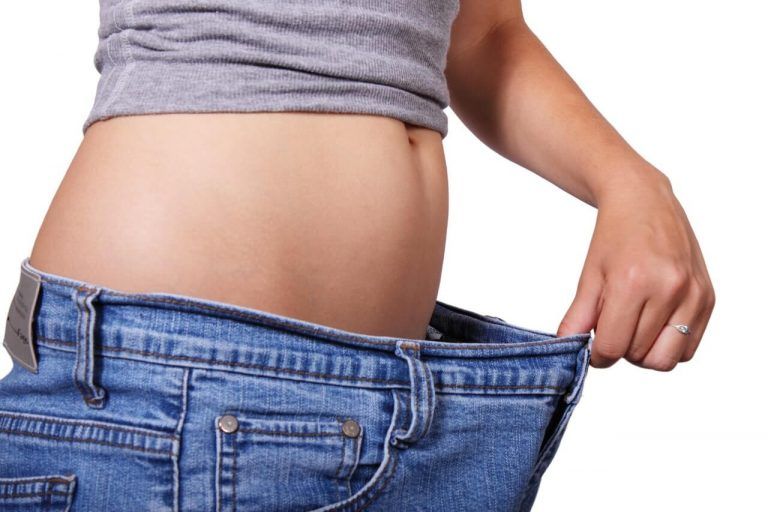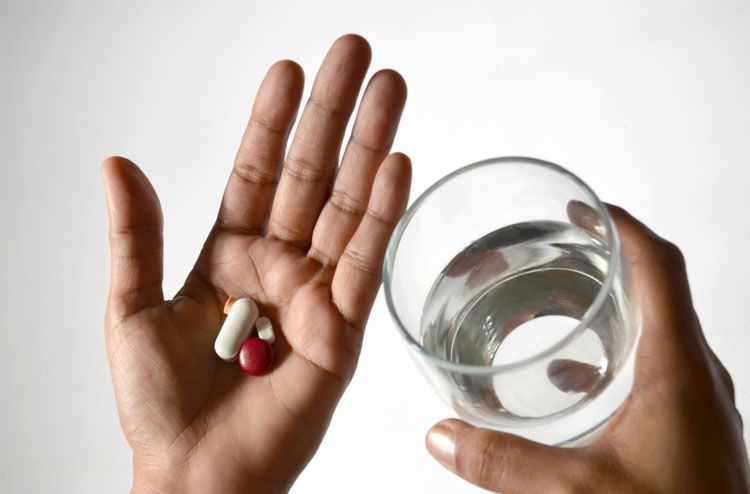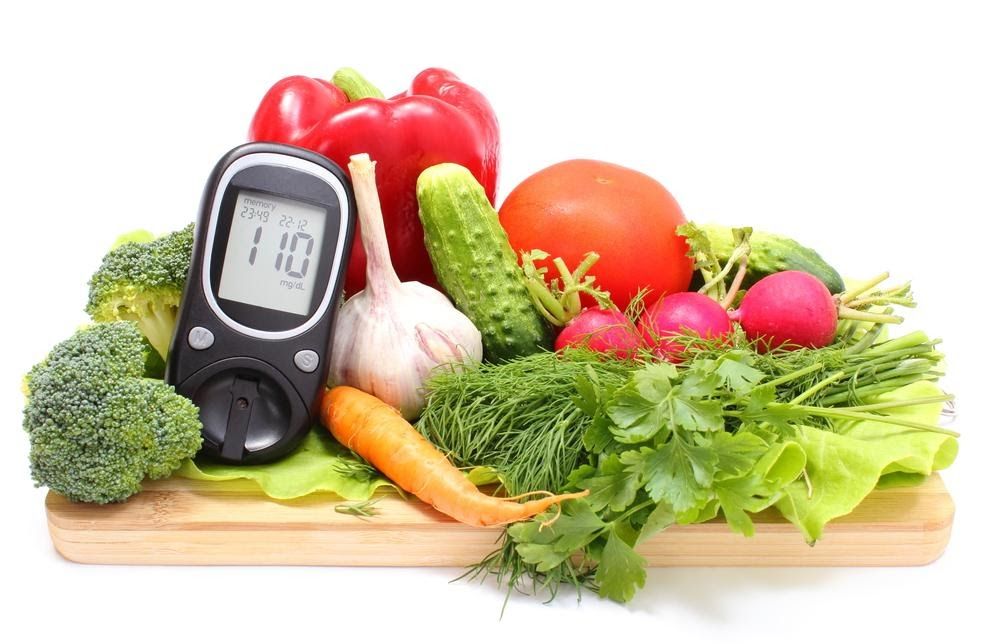Cardiogenic Shock
Cardiogenic shock is a life-threatening disorder in which your heart abruptly fails to pump enough blood to meet your body's demands. A severe heart attack typically causes the syndrome; however, not everyone who has a heart attack develops cardiogenic shock. Cardiogenic shock is a rare condition. It is often fatal if not treated immediately. When treated immediately, over half of those who develop the illness survive.
Symptoms
If you experience any of the following symptoms of a heart attack, you should seek immediate medical attention:
Chest pain that lasts more than a few minutes or goes away and reappears. Your chest could feel heavy, tight, full, or numb. You may experience pressure, ache, burning, or squeezing. The pain may feel like heartburn. In some people, particularly women, chest discomfort is not the primary symptom. Watch out for the other indicators listed below.
- Pain or discomfort in your upper body and/or down your left arm.
- Pain in the upper abdomen, throat, or jaw.
- Trouble breathing.
- Sweating or "cold sweats."
- Fast or irregular heartbeat.
- Feeling very weak, lightheaded, and/or anxious.
Other symptoms related to cardiogenic shock can include:
- Confusion or not being alert.
- Fainting.
- Very low blood pressure.
- Weak pulse.
- Trouble breathing.
- Peeing less than normal.
- Cool hands and feet.
- Pale skin.
- Feeling very tired.
- Swelling in your belly and legs.
- Poor appetite.
Causes
In most situations, a lack of oxygen to your heart caused by a heart attack destroys its primary pumping chamber (left ventricle). Without oxygen-rich blood going to that part of your heart, the muscle can weaken and fall into cardiogenic shock. Cardiogenic shock occurs in rare cases when your heart's right ventricle, which delivers blood to your lungs for oxygen, becomes damaged. Other probable causes of cardiogenic shock are:
- Inflammation of the heart muscle (myocarditis)
- Infection of the heart valves (endocarditis)
- Weakened heart from any cause
- Drug overdoses or poisoning with substances that can impair your heart's ability to pump
Diagnosis
Cardiogenic shock is typically diagnosed in an emergency scenario. After checking for shock symptoms, doctors will perform tests to identify the cause. Among the diagnostic procedures that may be carried out are blood pressure checks, electrocardiograms (ECG or EKG), chest X-rays, blood tests, echocardiography, and cardiac catheterisation (angiogram).
Treatment
Cardiogenic shock treatment aims to reduce the harm caused by a lack of oxygen in your heart muscle and other organs. Emergency life support: Most persons with cardiogenic shock require additional oxygen. If necessary, you will be hooked up to a breathing machine (ventilator). You'll get drugs and fluids through an IV in your arm.
Medications
Fluids and plasma are supplied through an IV. Cardiogenic shock medicines are recommended to increase heart pumping performance and reduce the risk of blood clots.
- Vasopressors: These medications are prescribed to treat low blood pressure. They consist of dopamine, epinephrine (Adrenaline, Auvi-Q), norepinephrine (Levophed), and others.
- Inotropic agents: These medications, which aid in improving the heart's pumping function, may be used until other treatments begin to work. They include dobutamine, dopamine, and milrinone.
- Aspirin: Aspirin is typically used quickly to prevent blood clotting and keep blood flowing through a constricted artery. Take an aspirin on your own while waiting for help to arrive, only if your doctor has already instructed you to do so for heart attack symptoms.
- Antiplatelet medicine: Emergency department doctors may prescribe medicines comparable to aspirin to help prevent new clots from developing. The medications in question include clopidogrel (Plavix), tirofiban (Aggrastat), and eptifibatide (Integrilin).
- Other blood thinning medicines: You'll most likely be given additional medications, such as heparin, to reduce the likelihood of blood clots. Heparin, either IV or injectable, is typically used within the first several days following a heart attack.
Prevention
Several factors can raise your risk of developing heart disease, which can eventually progress to cardiogenic shock. Risk factors include:
- Avoid smoking and being exposed to secondhand smoke.
- Keep your weight in check.
- Reduce your intake of cholesterol and saturated fats.
- Use less salt.
- Reduce your sugar intake.
- Limit alcohol.
- Regularly practice exercise.
Conclusion
Cardiogenic shock is a dangerous and potentially fatal syndrome that requires immediate medical attention to prevent organ failure and death. Use methods such as percutaneous coronary intervention and medicine to stabilise the patient.
Long-term care includes lifestyle changes as well as monitoring and addressing underlying disorders. Despite the seriousness of cardiogenic shock, survival chances and results can be improved with prompt and efficient medical care.
Ten Effective Remedies That You Can Refer to When You Are Suffering from Muscle Cramps
Finally starting off with the gym life can get too overwhelming until you hit those muscle cramps along with the weights.
ICSI(Intra Cytoplasmic Sperm Injection)
Normally during every mid-menstrual period, one of the 2 ovaries releases an ovum. Each ovum is covered by a membrane called follicle,
Pregnancy and Delivery Care
Nothing could possibly compare to the joy of becoming a parent. After nine long months of waiting, the moment you have been waiting for is almost there:
Some Common Causes of Chest Pain
The first thing that jumps into the mind whenever you have some sort of chest pain is heart attack! It’s only human to feel that way
Organic Food Vs GMO Food: What Should You Pick?
There is no doubt that the quality of food we consume is crucial for our good health. And with more people becoming health conscious the d
Importance of Breastfeeding and Vaccinations for Newborns
Going nature’s way is best when it comes to providing nourishment for the apple of your eye – your baby. Breast milk is best for your baby as it
Percutaneous Nephrolithotomy (PCNL): A Breakthrough in Kidney Stone Treatment
Kidney stones, those small, hard mineral deposits that form in the kidneys, can cause excruciating pain and discomfort.
Skin Tags - Benign Tumor or Cancerous Tumor?
Skin tag if observed is a narrow stalk that hangs about your skin, bulging at the end. They are usually freshly colored and can grow anywhere on your body.
3 Ways Vitamin C is Helpful for the Immune System
The water-soluble vitamin, Vitamin C is also known as ascorbic acid. It is helpful in building up the blood vessels, skins, and making bones stronger
4 Signs of Mental Illness
As life has gotten fast and hectic, different health issues have got introduced lately. Not just physical issues,
4 Ways Night-Shifts Can Be Dangerous For Your Menstruation And Ovulation
A good night's sleep is of value for pregnant women. But with strenuous work-hours and shift work, sleep can quite a luxury for all.
Causes Of Infertility in Women
More and more women are putting off pregnancy till well into their 30’s or early 40’s for career reasons; infertility is fast becoming a major heartbreaking issue for such couples.
Do Not Indulge in These 9 Common Dieting Mistakes
Dieting is not just about eating less or starving yourself to meet unrealistic goals. Healthy dieting involves making informed food choices.
Laryngeal Reiinervation Procedure at KIMS Hospital
Mr. K.P 56-year-old business executive from Bangalore underwent a thyroid surgery two years back.
Learn How Stress Affects Your Heart Health
Stress is a frequent side effect of the modern 21st Century lifestyle. We’re always running around to meet deadlines, pay bills we tend to
Lose Weight: The Healthy Way
Almost everyone we know is worried about the way they look. There are several concerns people have, like their complexion
Myths About Bariatric Surgery
Bariatric surgery – be it the gastric bypass and other weight-loss surgeries – involve making changes to your digestive system to help you lose weight.
Non-alcoholic Fatty Liver Disease: Should You be Worried?
A recent study has found that 1 in 5 people in India suffers from liver disorders. Before you blame it on the increased alcohol consumption
Obesity and its Relation to Type 2 Diabetes
Diabetes is a condition that arises when the body doesn’t produce enough insulin,, hence there is excess glucose in the blood
Rotator Cuff Tear
A rotator cuff tear is a rotator cuff injury that can cause shoulder pain and loss of arm function. The rotator cuff is a set of muscles and tendons in your shoulder.
What Happens to Your Body When You Fast?
Fasting has been practised by humans for thousands of years as a way of rejuvenating the mind, body and soul and as a common ritual of many religions from all over the world
Why You Shouldn’t Consume Medicines with Cold Water
There has been a long-raging debate on the temperature of water needed for consuming medications. You won’t find much as in research papers
10 Tasty Delicious Diabetic-Friendly Recipes
Worry about it no more, as a healthy diabetic diet does not have to be bland. Instead, you can enjoy a myriad of flavorful, low-calorie
4 Not So Common Health Problems in Teenagers
The current generation of teenagers have far more access to technology and gadgets than their parents did.
4 Secrets to Adjusting Your Toddler's Sleep Cycle
Most of the parents, some time or the other, may have faced the trouble of making their toddlers sleep at night.
Related Blogs
Ten Effective Remedies That You Can Refer to When You Are Suffering from Muscle Cramps
Finally starting off with the gym life can get too overwhelming until you hit those muscle cramps along with the weights.
ICSI(Intra Cytoplasmic Sperm Injection)
Normally during every mid-menstrual period, one of the 2 ovaries releases an ovum. Each ovum is covered by a membrane called follicle,




